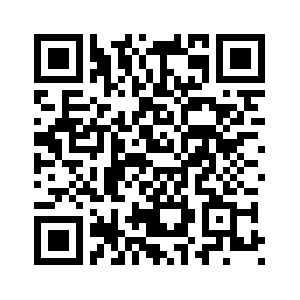CANBERRA, Jan. 11 (Xinhua) -- South Australia (SA) has become the first Australian state to ban junk food advertisement on public transport to tackle obesity and promote healthy diet.
The ban, to be effective on July 1, 2025, prohibits images of unhealthy products such as chocolate, lollies, confectionary, desserts, ice creams, soft drinks and chips from appearing on public buses, trains and trams.
Strong evidence has demonstrated that food and drink marketing can affect a child's nutrition knowledge, food preferences and consumption patterns; obesity and type 2 diabetes have also been linked to the advertisement of unhealthy food and drinks, experts said on Saturday.
"Junk food marketing has a really powerful, persuasive influence on what our children eat," the Australian Broadcasting Corporation (ABC) quoted Jane Martin from the Food for Health Alliance as saying.
"It is very important that advertisements are kept under state control because this advertising builds up, it's not just on TV and digital platforms, it is where children are as they commute to school," Martin said, adding that children are bombarded with this set of fast-food marketing everywhere they go, and it would be great if broccoli and carrots were promoted above fast-food deals.
More than 63 percent of adults and 35 percent of children across SA are overweight or obese, which is expected to grow by an additional 1,900 children and 48,000 adults over the next five years if no action is taken, government statistics showed.
Currently, almost 80 percent of food and drink advertisements on SA buses promote unhealthy products, according to the Cancer Council SA.
The ban which aims to reduce exposure to unhealthy food and drink marketing will help reduce the purchase of these products, following a public consultation process involving key stakeholders including public health organizations, the food and beverage industry, and the advertising industry. ■



